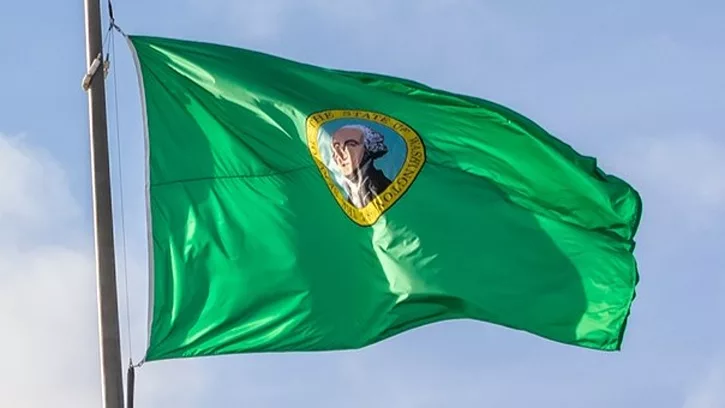IDAHO The Idaho library organization may spend less than the legislature allotted due to poor state funding and lost federal subsidies.
The children’s book area of the Larsen-Sant Public Library in Preston is lined with vibrant books, and above the shelves are plush animals, such as a giant purple octopus. (Source: Idaho Capital Sun/Kyle Pfannenstiel)
In addition to reconfiguring programs to compensate a canceled federal grant, the governing board of Idaho’s Commission for Libraries is planning its budget in anticipation of holdbacks, or a mid-year cut.
The commission is not the only one thinking about reducing current expenditures by up to 6%. According to Idaho Education News, agency directors were instructed by Gov. Brad Little’s administration in May to budget for possible spending cuts of 2%, 4%, or 6% of their total budgets. According to the Idaho Capital Sun, the state’s revenue was $141 million less than anticipated through May, which prompted the directive.
At the board’s regular meeting on Thursday, State Librarian Stephanie Bailey-White gave the library commissioners a presentation on suggested budget changes.
Things will be tight if we have a 2% or 4% holdback, but we have accounted for those possibilities, Bailey-White stated. If there is a 6% downturn, it will be more difficult to deal with the longer it takes to hear about it.
The commission received around $4.97 million from the Idaho Legislature for fiscal year 2026, which concludes in June of next year. “The commission allocated approximately $4.7 million to cover possible setbacks,” Bailey-White stated on Thursday.
The commission will start its tech refresh program for libraries to buy laptops and other technology if there aren’t any spending cuts needed in the current fiscal year. It will also set aside money for the My First Books program, which gives children from infants to kindergarteners who are unlikely to have many books in their homes a book every month for eight months.
According to Bailey-White, a large portion of the commission’s costs are associated with multi-year contracts.
“To be honest, we don’t have much leeway because a lot of our expenses are fixed,” she remarked. A 6% will be quite difficult, therefore we will need to consider travel or other options where we might have a little more leeway.
A board tour of libraries would be canceled, staff travel would be restricted, vacancies would remain unfilled, and expenses would be covered by personnel savings, she said.
The commission’s e-services program supervisor, William Lamb, stated that he is still collaborating with Utah’s state library system to maintain a program for Idahoans who are blind or visually impaired or who struggle with reading due to a disability.
According to the Idaho Press, the Talking Book Service, which offers free audiobooks to eligible individuals, would have been discontinued since the federal grant that funded it was revoked during the Trump administration’s demolition of the national Institute of Museum and Library Services.
According to the Idaho Press, four of the library services institute-sponsored Idaho Talking Book staff positions were terminated. In collaboration with the Utah State Library, two more program jobs will be adjusted to assist in overseeing the program.
According to Lamb, the new collaboration will begin in September.
Additionally, commission employees announced on Thursday that this year, $50,000 was donated to elementary school libraries to purchase new books through the Bucks for Books program, which is run in collaboration with the Idaho Lottery. According to Bailey-White, school library grant applicants got grants ranging from $1,000 to $3,000 to help fund their collections.
According to Bailey-White, the funds were used by libraries at 17 schools to buy almost 5,300 volumes in total, and almost all of those libraries reported an increase in the number of books checked out.
According to a staff report, several school libraries reported an almost 100% increase in the quantity of books checked out. According to the report, awardees reported 44,845 more checkouts during the 2024–25 academic year than during the 2023–24 academic year.
According to Bailey-White, at least one in four primary schools have no budget for books. As a result, when they receive a large number of new books, reading interest and circulation rise and children are able to read novels they appreciate.









